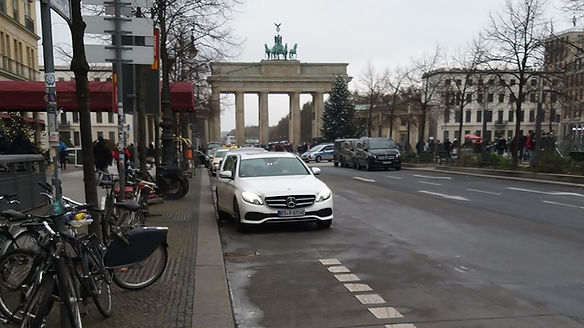Logbook of the 100 trips


With Assistance from the Conference on Jewish Material Claims Against Germany
Sponsored by Foundation "Remembrance, Responsibility and Future" (EVZ)
Supported by the German Federal Ministry of Finance (BMF)
With the support of:
- Foundation pour la Mémoire de la Shoah
- Rothschild Foundation Hanadiv Europe
- Righteous Persons Foundation
- Puglia Region (Italy)
>> 501 c 3 Fiscal sponsorship provided by NYFA, New York Foundation for the Arts

Trip to Italy
Trieste, Bologna
12 May 2025

Viaggio in Repubblica Ceca e Italia
Terezín, Praga, Pesaro
12 March 2025

Viaggio in Polonia
Oświęcim, Varsavia
13 January 2025

Viaggio in Italia
Napoli, Bologna
27 July 2024

Trip to Italy
Trani
22 July 2024

Viaggio in Italia e Polonia
Pieve S. Stefano, Cracovia, Opole, Oświęcim, Breslavia
30 May 2024

Viaggio negli Stati Uniti
New York
23 April 2024

Trp to Poland and Check Republik
Cracovia, Auschwitz, Praga
27 March 2024

Viaggio nel Regno Unito
Londra, Cambridge
18 March 2024

Viaggio in Italia
Bologna, Milano, Pesaro
29 November 2023

Viaggio negli Stati Uniti
Washington DC, New York
20 November 2023

Trip to Italy
Rome
11 September 2023

Trip to France
Paris
21 August 2023

Trip to Germany and Poland
Buchenwald, Krakow
29 June 2023

Trip to Poland and Hungary
Krakow, Oświęcim, Budapest
30 May 2023

Trip to Israel
Jerusalem, Kibbutz Netser Sereni, Natanya
31 March 2023

Trip to Italy, Austria, Germany, Netherlands
Rome, Padua, Klagenfurt, Vienna, Nuremberg, Freiburg/Breisgau, Amsterdam, The Hague
28 February 2023

Trip to Germany
Berlin
19 December 2022

Trip to Italy
Florence
18 November 2022

Trip to the Netherlands, Belgium
Amsterdam, Almere, Utrecht, Brussels
18 November 2022

Trip to Israel
Kiryat Ono, Jerusalem
9 September 2022

Trip to France
Gassin [Saint-Tropez], Paris, Thionville
29 September 2022

Trip to Italy and the Czech Republic
Milan, Prague, České Budějovice
10 October 2022



